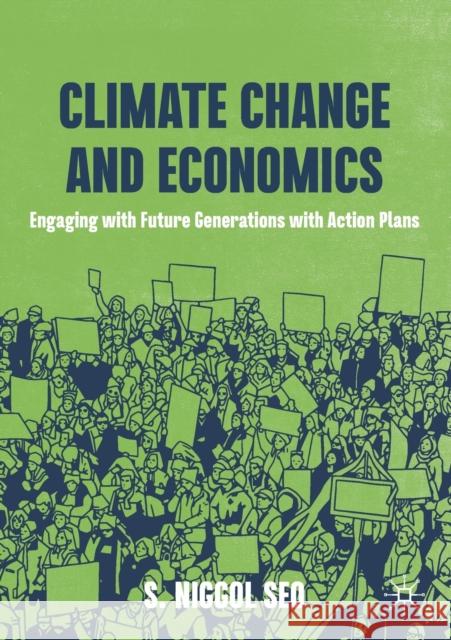Climate Change and Economics: Engaging with Future Generations with Action Plans » książka
topmenu
Climate Change and Economics: Engaging with Future Generations with Action Plans
ISBN-13: 9783030666798 / Angielski / Miękka / 2021 / 270 str.
Kategorie:
Kategorie BISAC:
Wydawca:
Palgrave MacMillan
Język:
Angielski
ISBN-13:
9783030666798
Rok wydania:
2021
Wydanie:
2021
Ilość stron:
270
Waga:
0.38 kg
Wymiary:
21.01 x 14.81 x 1.68
Oprawa:
Miękka
Wolumenów:
01
Dodatkowe informacje:
Wydanie ilustrowane











